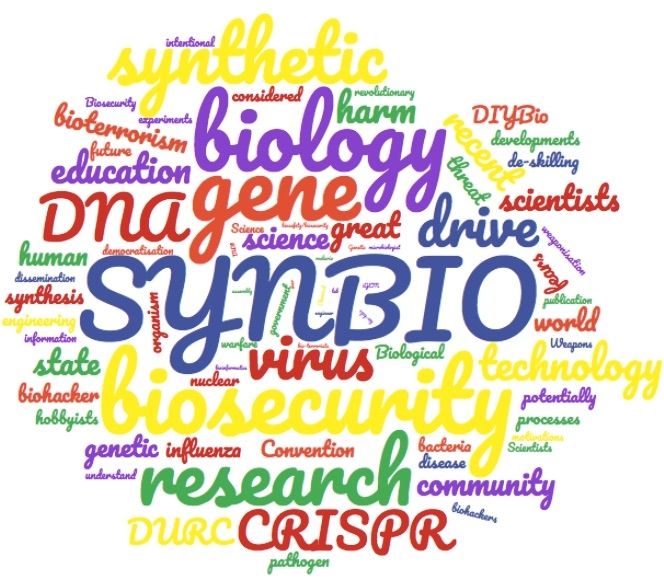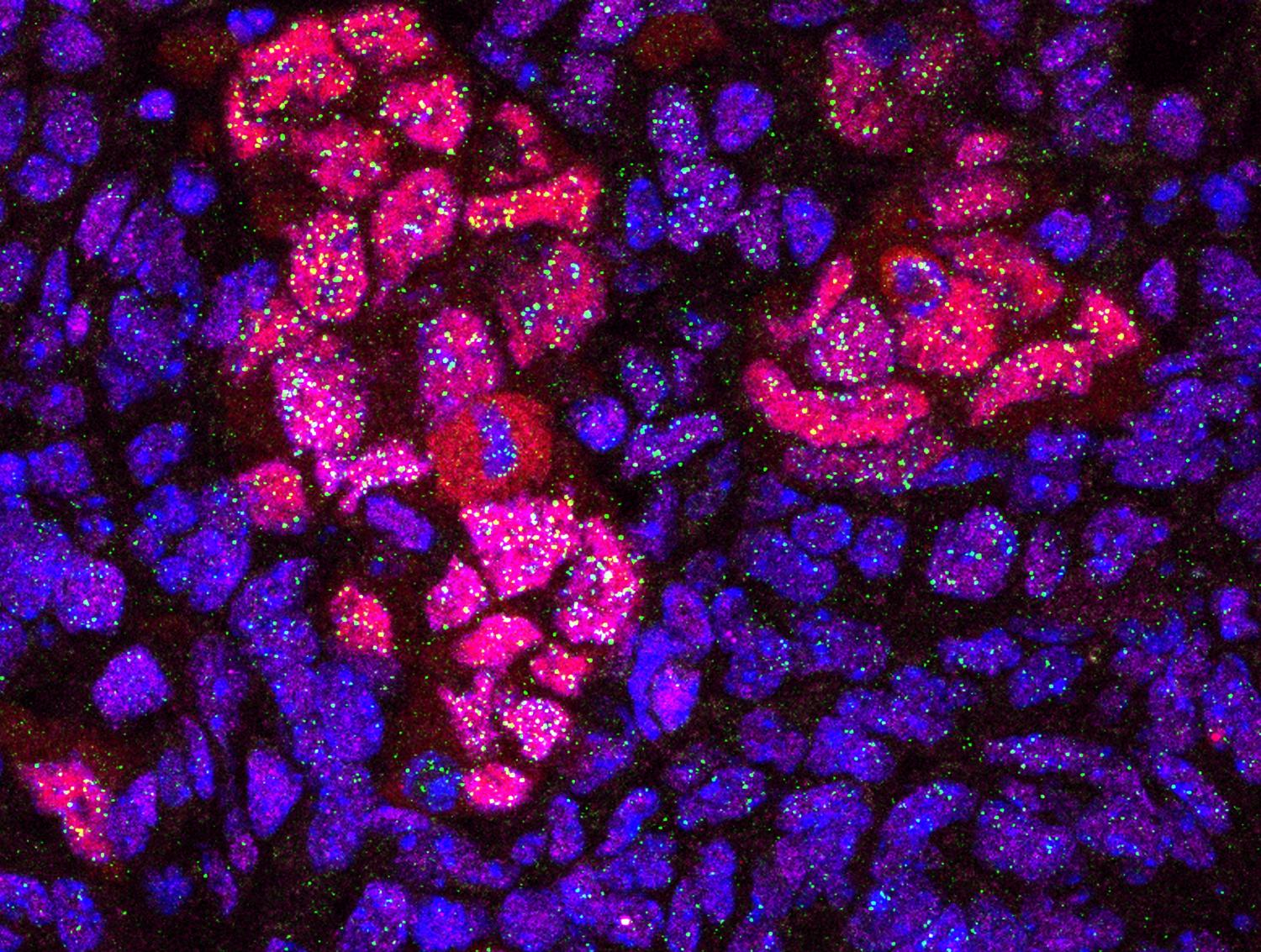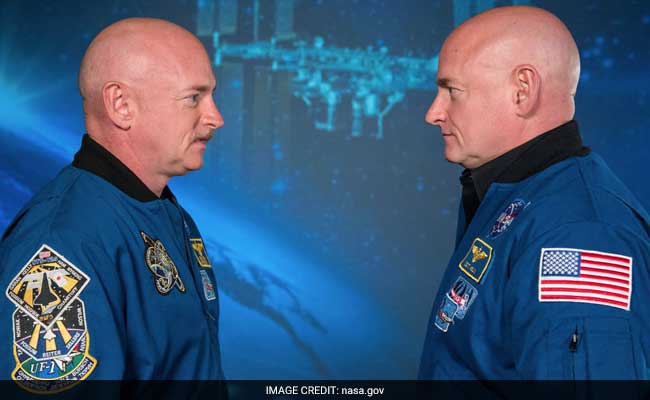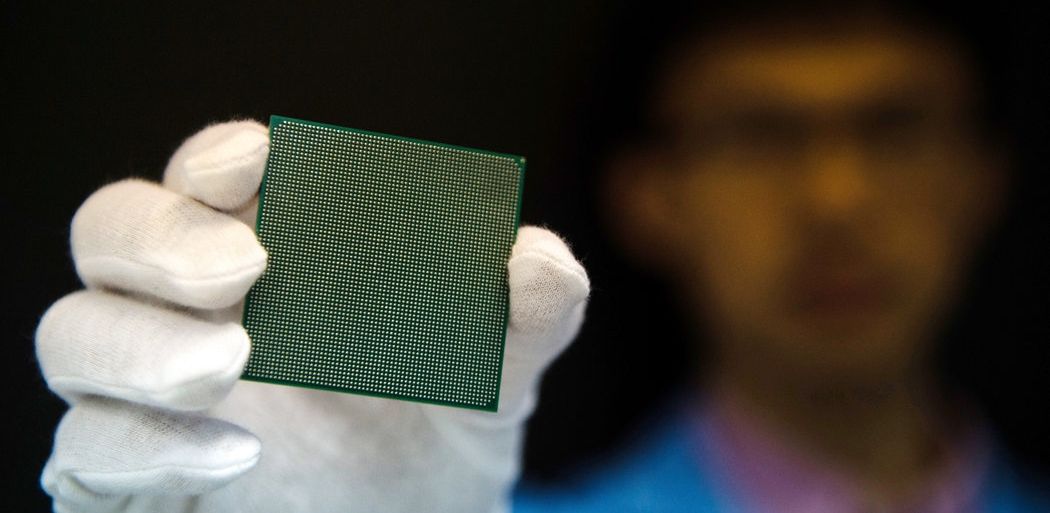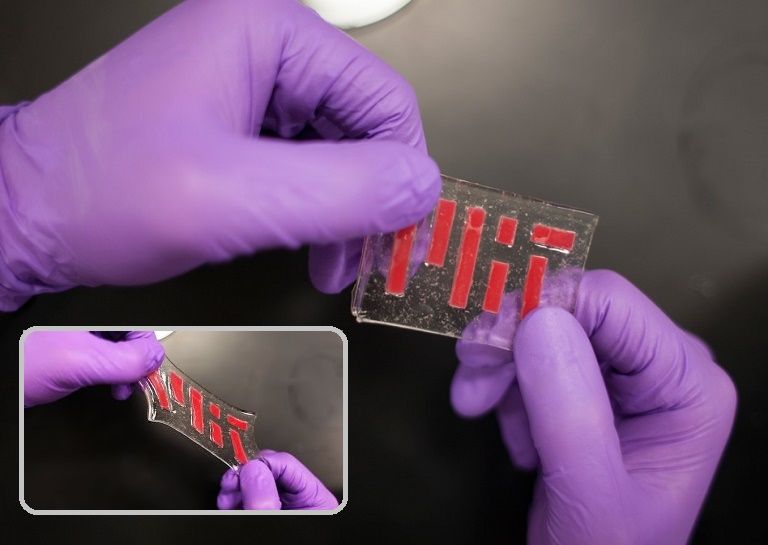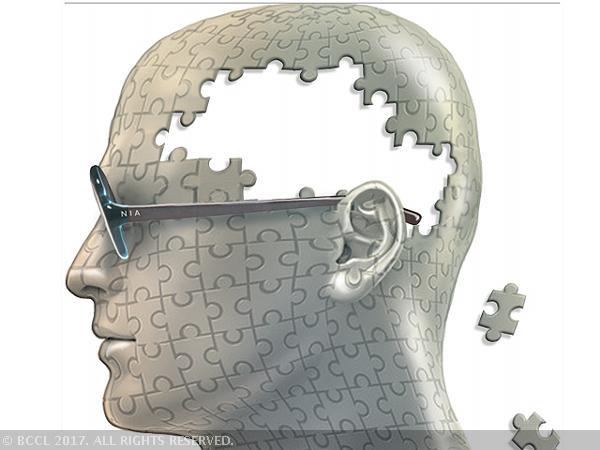Feb 5, 2017
Synbio and Biosecurity
Posted by Karen Hurst in categories: bioengineering, genetics, quantum physics
Wait until you see how Quantum bio is applied in Biosecurity.
By guest author Devang Mehta
The world in 1918 was emerging from under the pall of a World War that had claimed 38 million lives, and yet in the span of only one year, just as many lives would be lost to the Spanish Flu — an influenza pandemic that is still regarded the single deadliest epidemic in recorded history. The disease reached all corners of the world, from the Antipodes to Europe and Asia, eventually claiming 20–50 million lives. The 1918 virus caused unusually strong symptoms, described by one physician at the time as “a blood-tinged froth that sometimes gushed from (the) nose and mouth”. The disease also had an incredibly high mortality rate of 10–20%, which combined with a high rate of infection meant that up to 6% of the world’s population died due to the virus.
